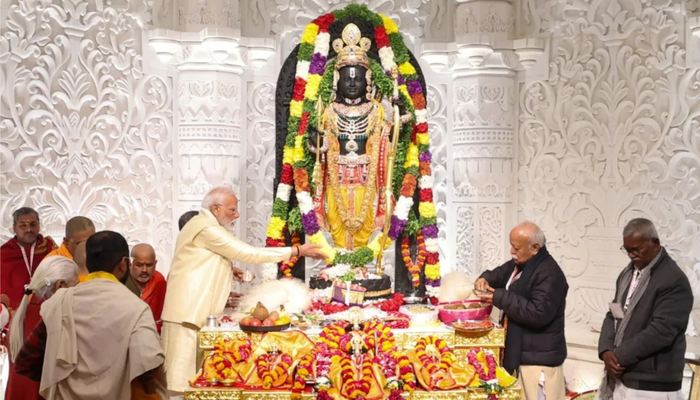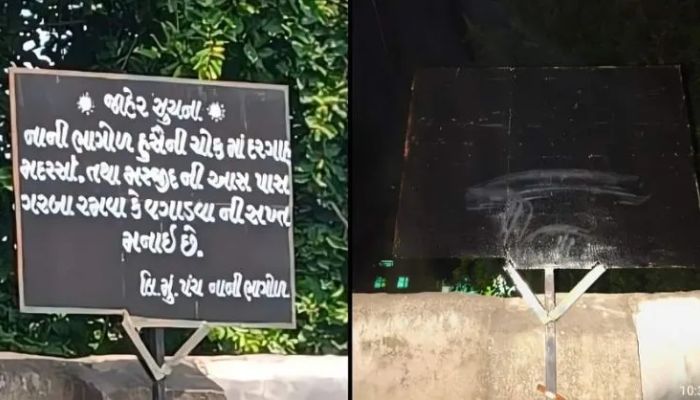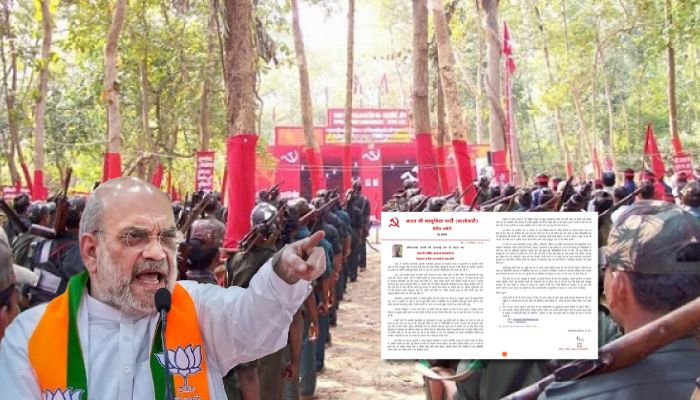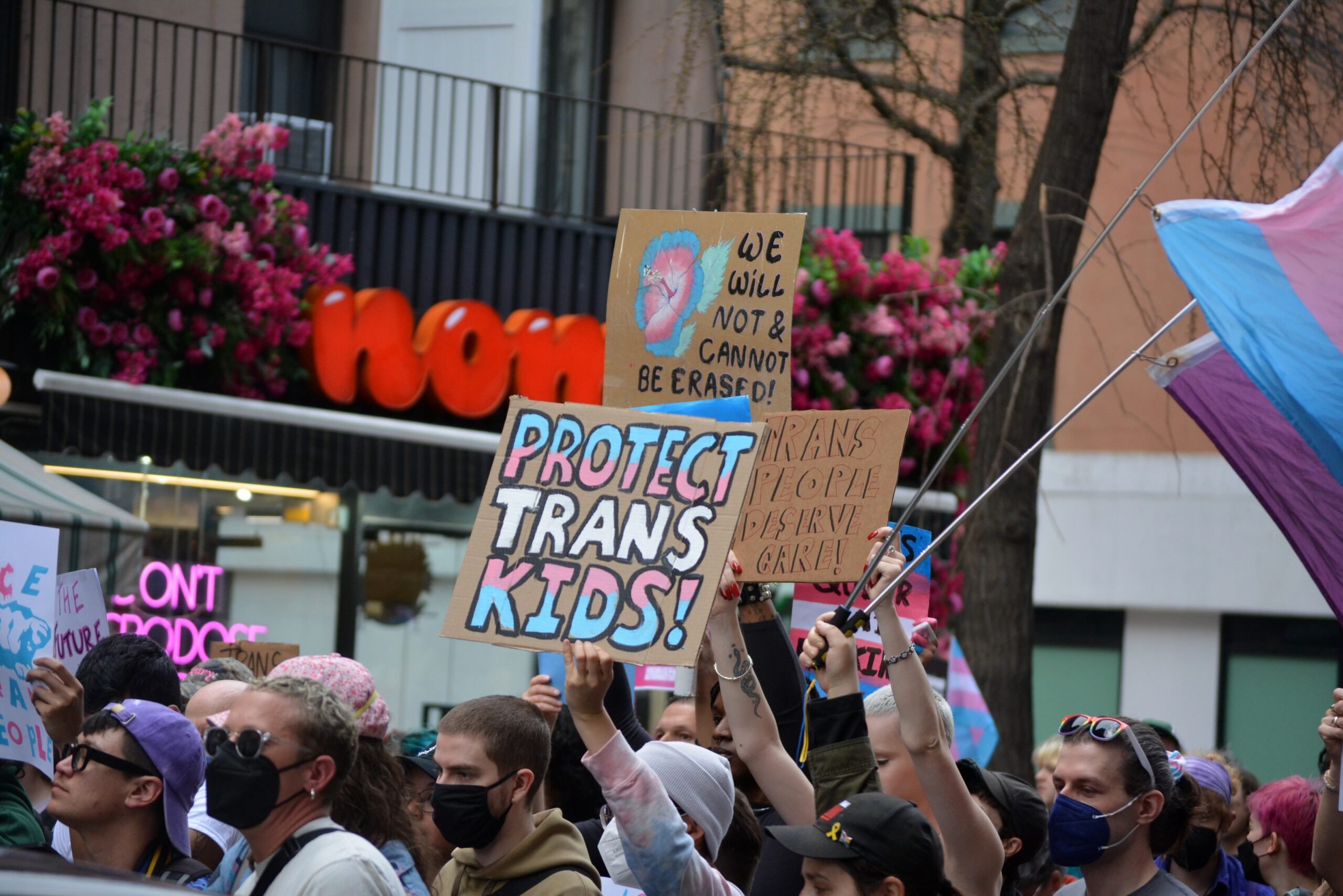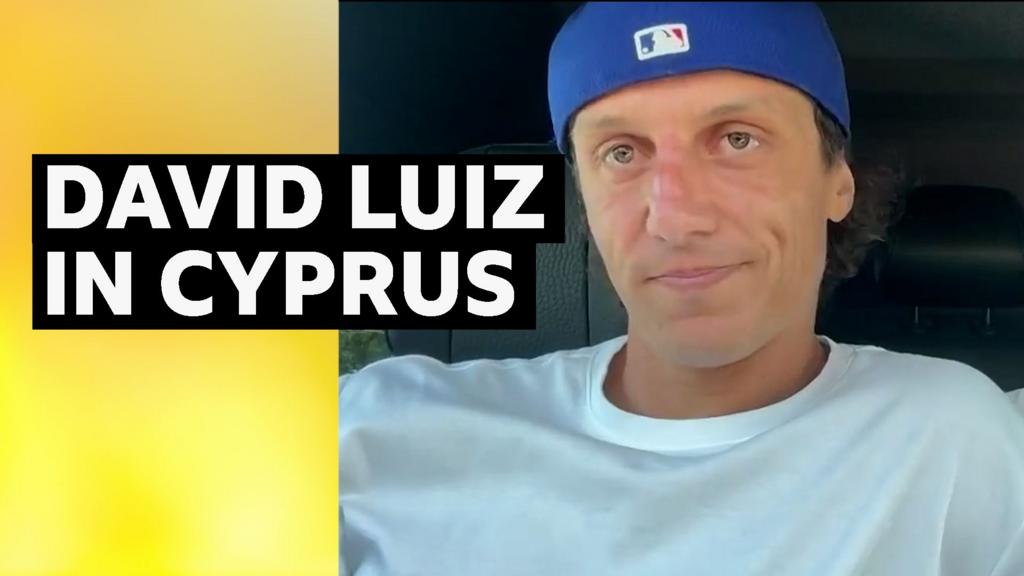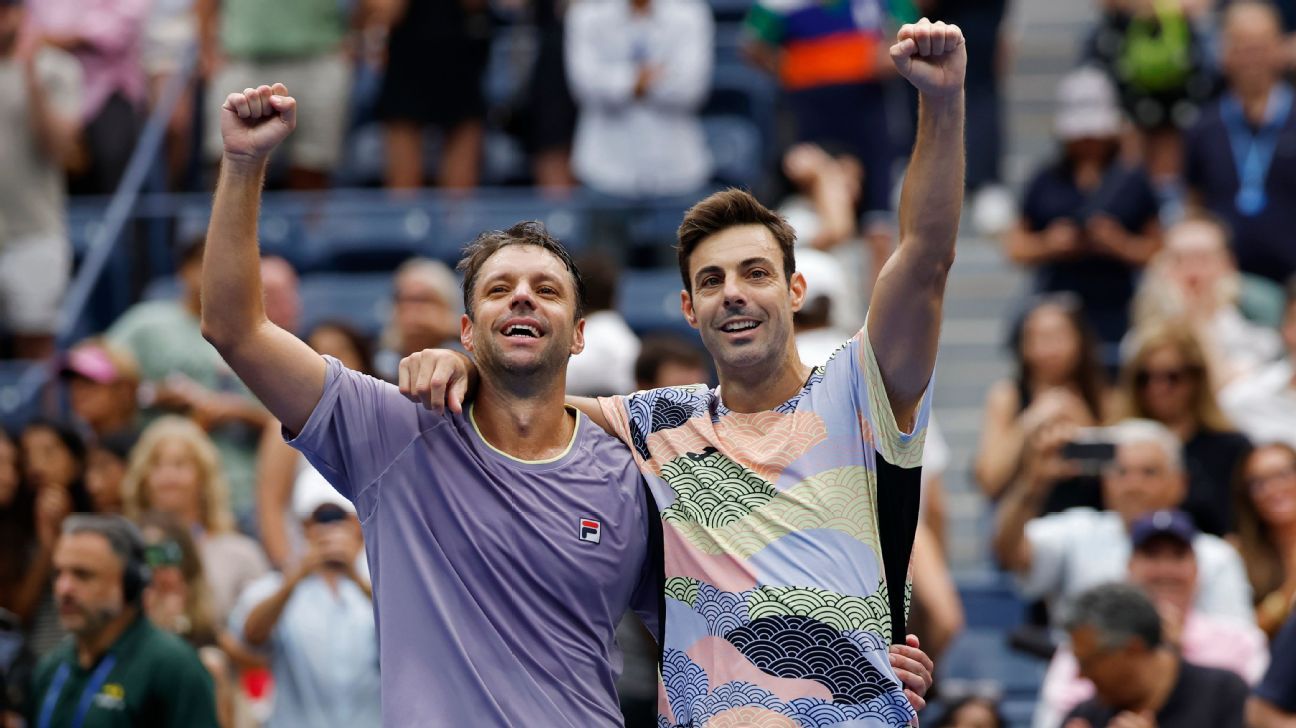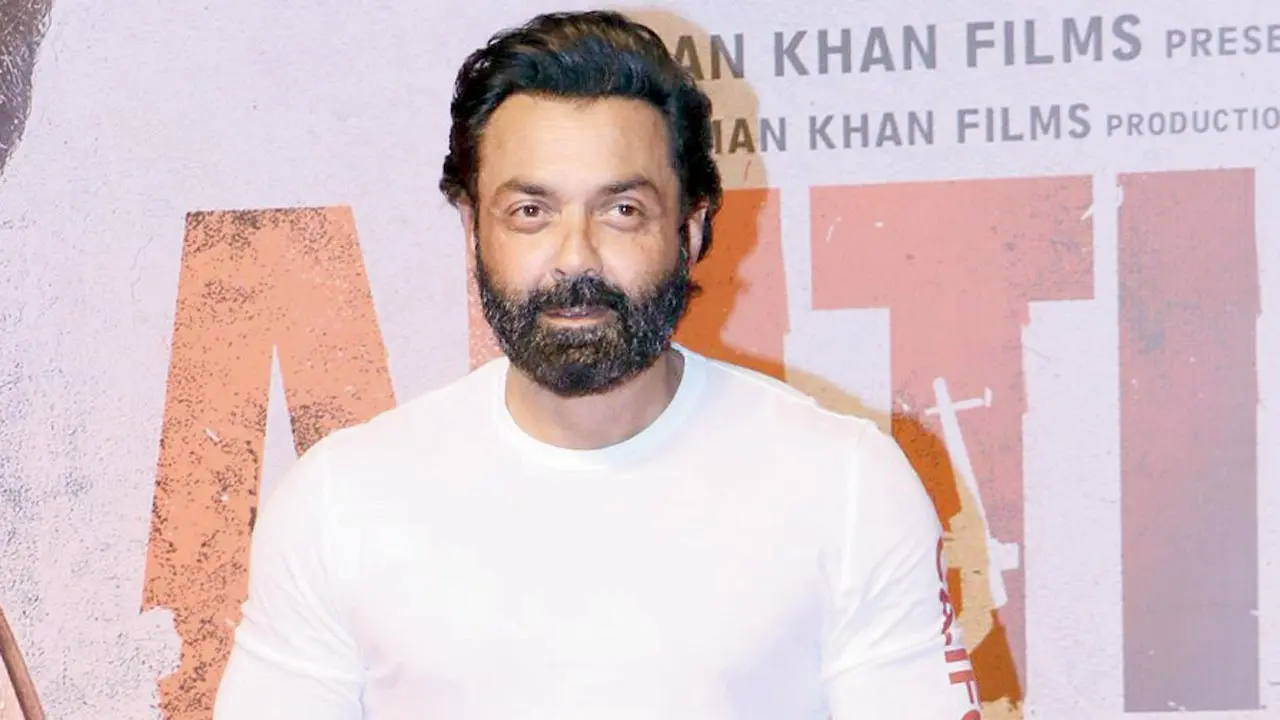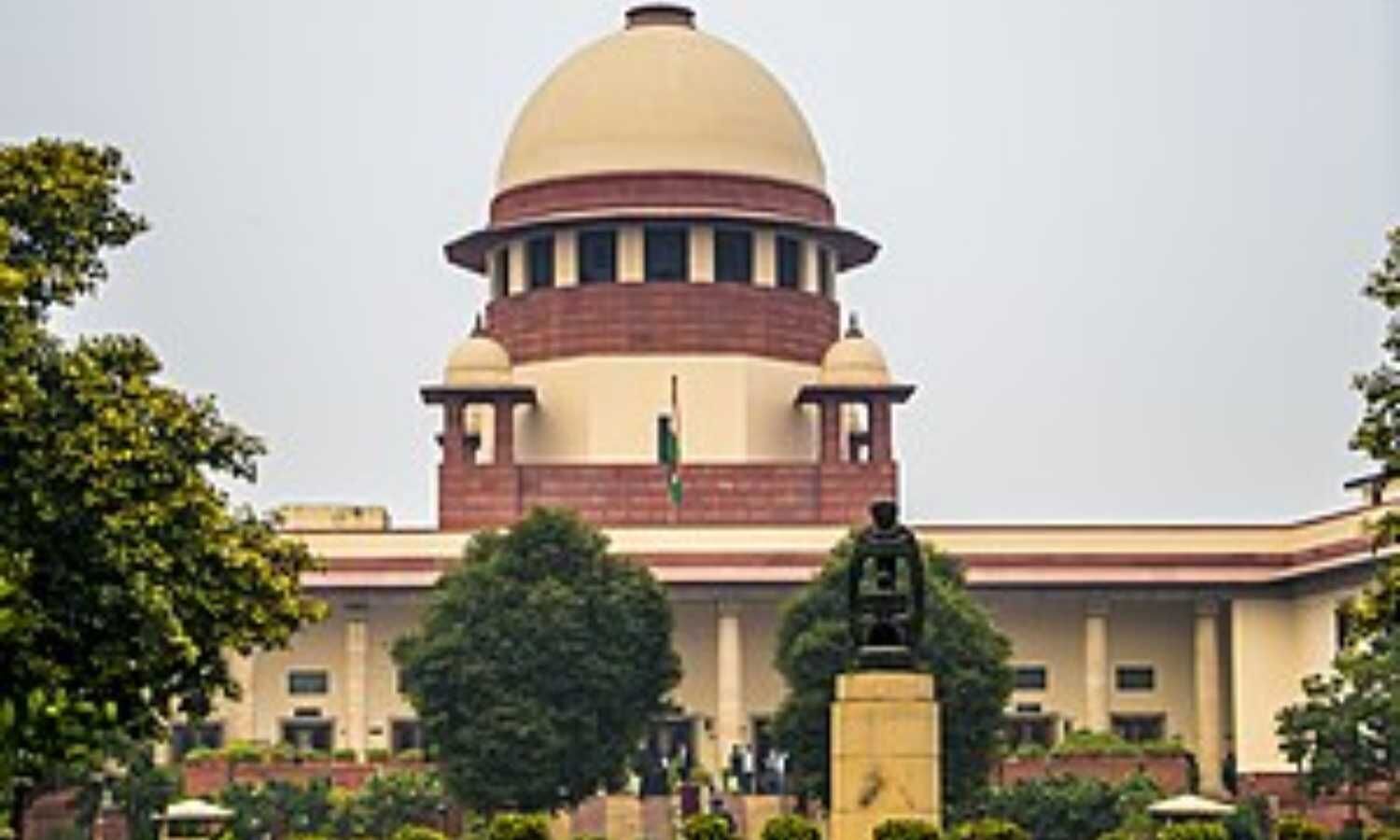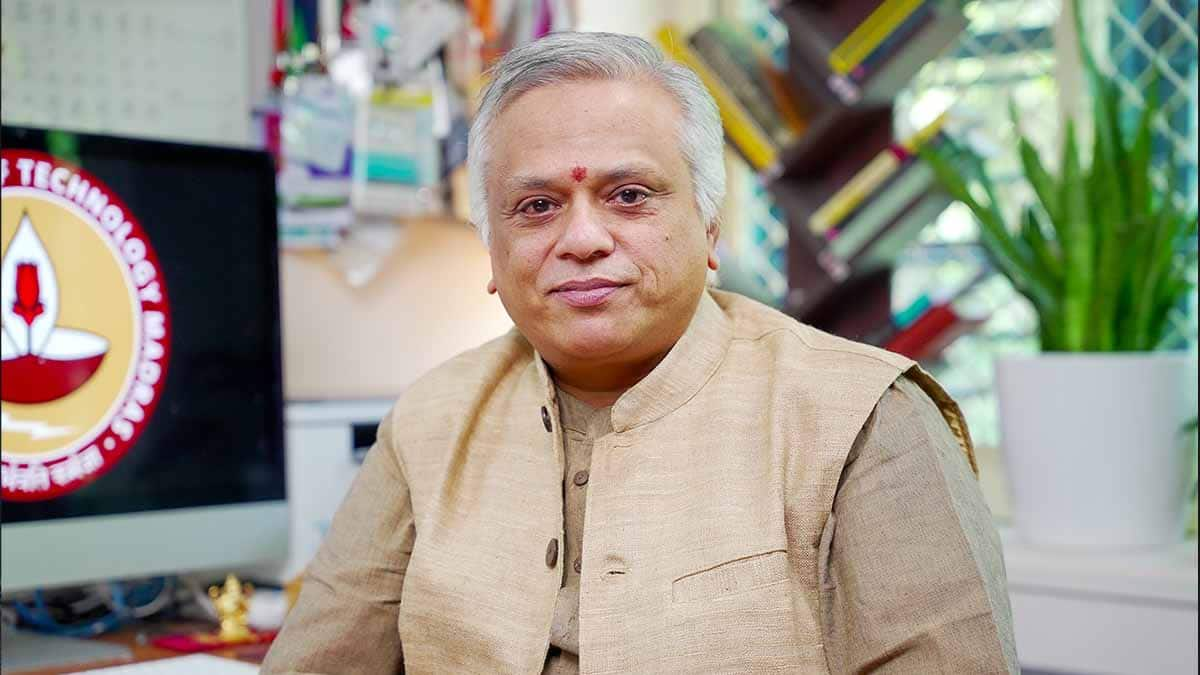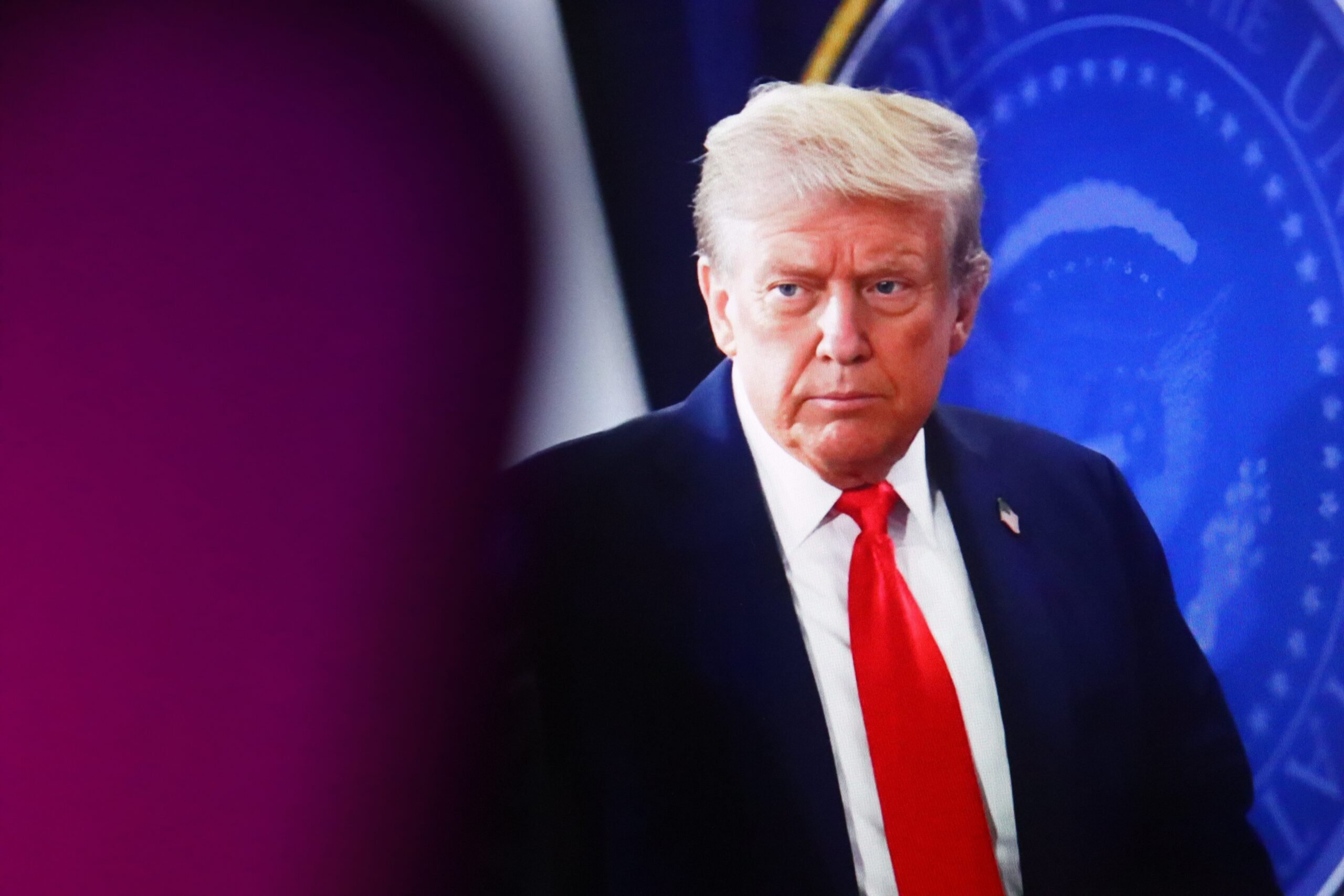How Leftist media spins: Claims govt is ‘using court order’ to target media, after court tells them to stop defaming Adani
On 16th September, Leftist media outlet Newslaundry published a report that the government is “using a court order” to silence journalists and platforms critical of Adani. Leftist media personnel associated with the outlet, like Dhanya Rajendran, framed it as the Ministry pre-empting judicial process. Source: X While the court order clearly directs the removal of the unverified content including videos and news reports, these commentators insisted the government was overreaching. The order clearly stated that as the publishers failed to act in stipulated time by the Sessions Court, the takedown notice was issued by the government. Source: RavindraAmbekar/X What the Delhi court actually ordered The reality of the court order is different from what is being projected. On 6th September, Senior Civil Judge Anuj Kumar Singh of the Rohini Court in Delhi passed an ex parte interim order in the case Adani Enterprises Ltd vs Paranjoy Guha Thakurta and others. The order restrained journalists Paranjoy Guha Thakurta, Ravi Nair, Abir Dasgupta, Ayaskant Das, Ayush Joshi and others from publishing defamatory material against Adani Enterprises Limited (AEL). The Court stated in its order that “incorrect and unverified and prima facie defamatory” content had to be removed from social media posts, articles and videos. If deletion was not feasible, the defendants were directed to ensure takedown within five days. The government issued takedown order on 16th September only after publishers failed to remove the content in 5-day time given by the court. Adani’s arguments before the court In its plea, Adani Enterprises told the Court that a network of journalists and activists had caused reputational damage, cost investors billions, and hampered projects vital to India’s infrastructure and energy security. It further noted that these defendants were aligned with “anti-India interests,” disrupting both domestic and international projects. The Court, in its order, found AEL had made out a prima facie case for injunction. While it acknowledged the principle of free speech, it made clear that unverified, unsubstantiated and defamatory reporting could not continue. Ministry’s enforcement is mandatory Rajendran, in one of the follow-up posts, repeated what Advocate Indira Jaising said in a statement that, “The defendants have filed an appeal against the order which they have a right to do. The court knows how to implement their own orders they don’t need the Ministry to do that for them. The Ministry is pre-empting the judicial process.” Source: X The reality is, however, different. When a court issues an order, the government is bound to notify platforms and enforce compliance. The court directs the Ministry which further directs the platforms or the ISPs to block the links or take the content down. Suggestions that the Ministry is “using” the order for political ends are misleading. The enforcement stems directly from judicial directions, not executive overreach.
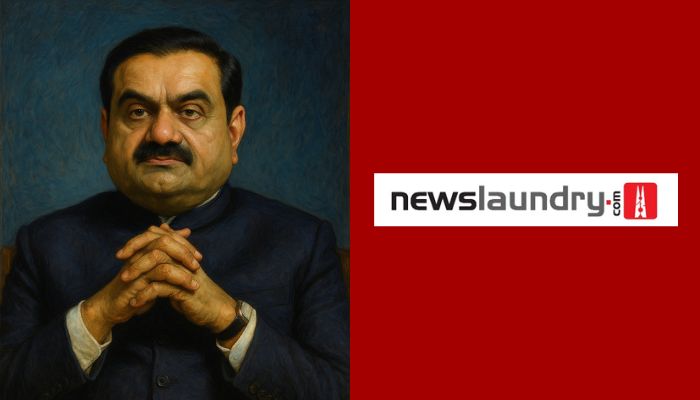


On 16th September, Leftist media outlet Newslaundry published a report that the government is “using a court order” to silence journalists and platforms critical of Adani. Leftist media personnel associated with the outlet, like Dhanya Rajendran, framed it as the Ministry pre-empting judicial process.
While the court order clearly directs the removal of the unverified content including videos and news reports, these commentators insisted the government was overreaching. The order clearly stated that as the publishers failed to act in stipulated time by the Sessions Court, the takedown notice was issued by the government.
What the Delhi court actually ordered
The reality of the court order is different from what is being projected. On 6th September, Senior Civil Judge Anuj Kumar Singh of the Rohini Court in Delhi passed an ex parte interim order in the case Adani Enterprises Ltd vs Paranjoy Guha Thakurta and others. The order restrained journalists Paranjoy Guha Thakurta, Ravi Nair, Abir Dasgupta, Ayaskant Das, Ayush Joshi and others from publishing defamatory material against Adani Enterprises Limited (AEL).
The Court stated in its order that “incorrect and unverified and prima facie defamatory” content had to be removed from social media posts, articles and videos. If deletion was not feasible, the defendants were directed to ensure takedown within five days. The government issued takedown order on 16th September only after publishers failed to remove the content in 5-day time given by the court.
Adani’s arguments before the court
In its plea, Adani Enterprises told the Court that a network of journalists and activists had caused reputational damage, cost investors billions, and hampered projects vital to India’s infrastructure and energy security. It further noted that these defendants were aligned with “anti-India interests,” disrupting both domestic and international projects.
The Court, in its order, found AEL had made out a prima facie case for injunction. While it acknowledged the principle of free speech, it made clear that unverified, unsubstantiated and defamatory reporting could not continue.
Ministry’s enforcement is mandatory
Rajendran, in one of the follow-up posts, repeated what Advocate Indira Jaising said in a statement that, “The defendants have filed an appeal against the order which they have a right to do. The court knows how to implement their own orders they don’t need the Ministry to do that for them. The Ministry is pre-empting the judicial process.”
The reality is, however, different. When a court issues an order, the government is bound to notify platforms and enforce compliance. The court directs the Ministry which further directs the platforms or the ISPs to block the links or take the content down. Suggestions that the Ministry is “using” the order for political ends are misleading. The enforcement stems directly from judicial directions, not executive overreach.


